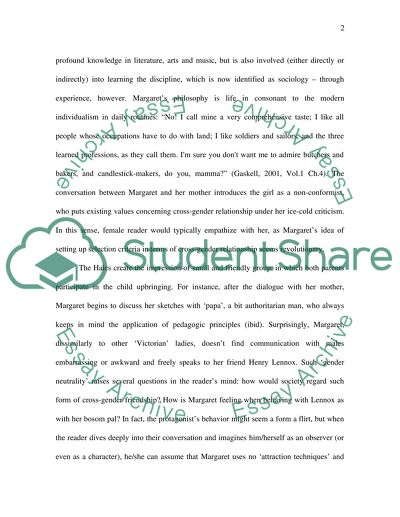Cite this document
(“Gaskell's North and South Book Report/Review Example | Topics and Well Written Essays - 1500 words”, n.d.)
Retrieved from https://studentshare.org/literature/1524378-gaskells-north-and-south
Retrieved from https://studentshare.org/literature/1524378-gaskells-north-and-south
(Gaskell'S North and South Book Report/Review Example | Topics and Well Written Essays - 1500 Words)
https://studentshare.org/literature/1524378-gaskells-north-and-south.
https://studentshare.org/literature/1524378-gaskells-north-and-south.
“Gaskell'S North and South Book Report/Review Example | Topics and Well Written Essays - 1500 Words”, n.d. https://studentshare.org/literature/1524378-gaskells-north-and-south.


